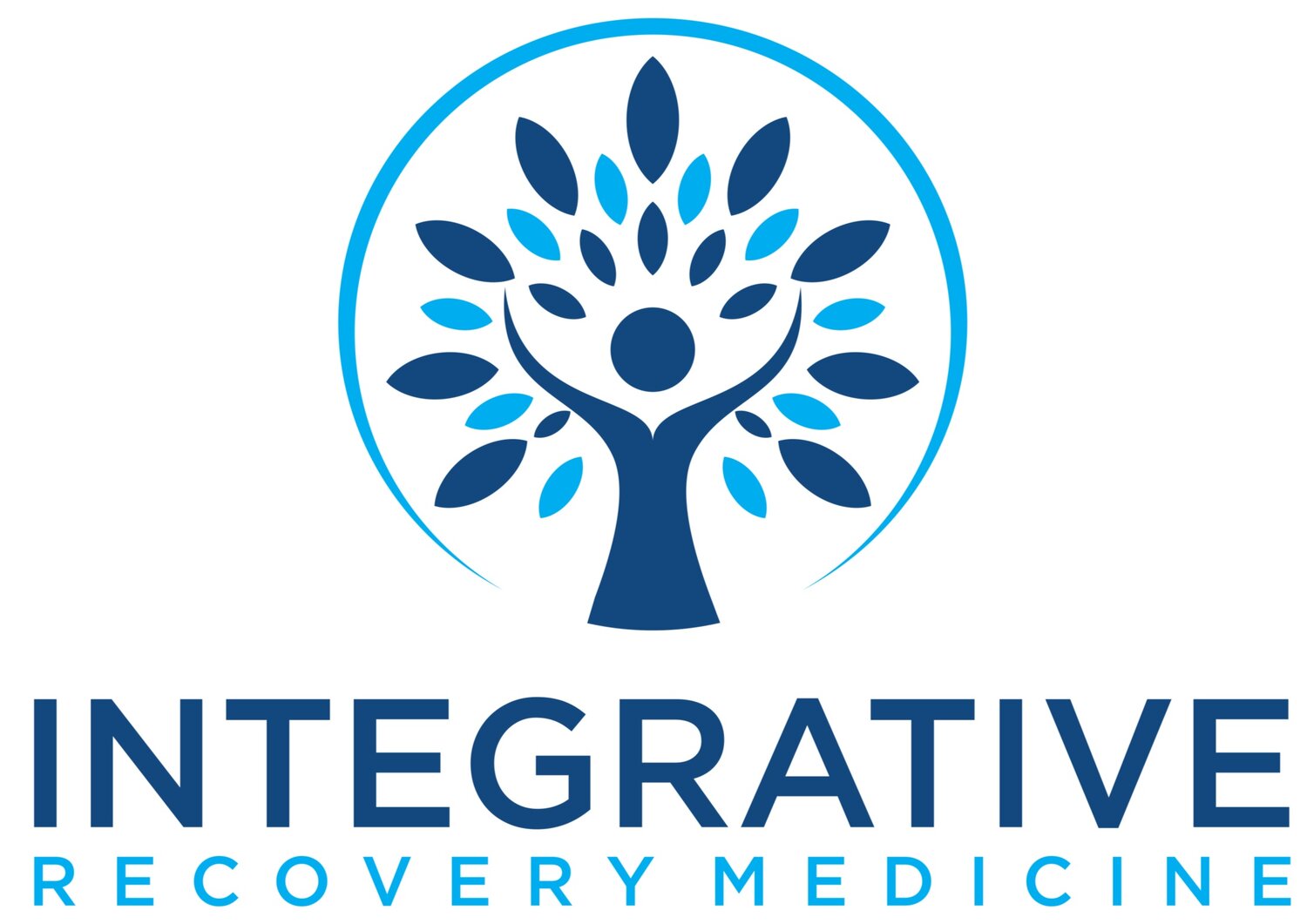The Role of Naturopathic Doctors in Modern Healthcare
Naturopathic medicine is a type of healthcare that emphasizes a holistic approach to treating and preventing illness. Naturopathic doctors are licensed healthcare practitioners who undergo training in natural therapies and conventional medicine. There’s a growing recognition of naturopathic doctors’ role in modern healthcare. Let’s explore the key contributions and benefits that naturopathic doctors bring to the healthcare system.
Understanding Naturopathic Medicine
A. Principles of Naturopathic Medicine
Naturopathic medicine is guided by six fundamental principles:
The Healing Power of Nature: Naturopathic doctors recognize the body can heal itself and aim to support and enhance these natural processes.
Identify and Treat the Root Cause: Rather than solely addressing symptoms - naturopathic doctors strive to uncover and treat the underlying causes of illness.
Do No Harm: Naturopathic doctors use safe and non-invasive therapies to minimize the risk of adverse effects.
Treat the Whole Person: Naturopathic doctors consider all aspects of an individual's health.
Doctor as Teacher: Naturopathic doctors portray an educational role - empowering people to manage their health through knowledge and understanding.
Prevention is the Best Cure: NDs emphasize the importance of preventive measures to maintain optimal health and prevent future illness.
B. Therapeutic Modalities Used by Naturopathic Doctors
Naturopathic doctors employ a wide range of therapeutic modalities, including:
Clinical Nutrition: NDs use diet and nutritional supplements to address deficiencies and support overall health.
Botanical Medicine: The use of medicinal plants and herbs to promote healing.
Homeopathy: Naturopathic doctors might prescribe highly diluted substances that stimulate the self-healing mechanisms of the body.
Traditional Chinese Medicine: Acupuncture, herbal medicine, and energy balancing are integrated into naturopathic practice.
Physical Medicine: Naturopathic doctors utilize physical therapies to support healing.
The Role of Naturopathic Doctors in Modern Healthcare
A. Integrative Approach to Patient Care
One of the naturopathic doctors’ important contributions is their integrative approach to patient care. They work collaboratively with conventional medical practitioners. By incorporating the best of both worlds, naturopathic doctors provide comprehensive and customized treatment plans.
B. Personalized Treatment
Naturopathic doctors prioritize personalized care. They spend considerable time with patients. They gather detailed information about their health history, lifestyle, and goals. This comprehensive understanding enables them to create personalized treatment plans that address the particular needs of each individual.
C. Focus on Preventive Medicine
Prevention is naturopathic medicine’s cornerstone. Naturopathic doctors emphasize the importance of proactive measures like healthy lifestyle choices, nutrition, stress reduction, and early detection of risk factors. By focusing on prevention, naturopathic doctors help patients maintain optimal health and reduce the likelihood of developing chronic diseases.
D. Chronic Disease Management
Integrative Recovery Medicine’s naturopathic doctors help manage chronic diseases like diabetes and cardiovascular conditions. They utilize natural therapies to reduce symptoms, support the body's healing processes, and boost overall well-being. Also, naturopathic doctors collaborate with patients' primary care providers to ensure comprehensive care.
E. Mental Health and Emotional Well-being
Naturopathic doctors address mental health and emotional well-being. They recognize the intricate connection between mind and body. They employ various modalities like counseling, stress reduction techniques, and nutritional support.
Training and Regulation of Naturopathic Doctors
A. Education and Accreditation
Naturopathic doctors from Integrative Recovery Medicine undergo rigorous training in accredited naturopathic medical schools. The curriculum covers biomedical sciences, clinical diagnosis, and natural therapies. After completing their education, NDs must pass standardized licensing exams to practice in their respective jurisdictions.
B. Regulation and Scope of Practice
The regulation and scope of practice for naturopathic doctors vary by state and country. NDs in some regions are licensed as primary care providers. Others practice as complementary healthcare providers.
Criticisms and Controversies
While naturopathic medicine has gained recognition and acceptance, it has also faced criticisms and controversies. Some concerns include:
Limited Scientific Evidence: Critics argue that some naturopathic treatments lack robust scientific evidence to support their efficacy.
Potential for Misinformation: There’s a risk that unqualified practitioners might provide inaccurate health information.
Lack of Standardization: The regulation of naturopathic medicine varies, leading to inconsistency in the scope of practice and quality of care.
Naturopathic Doctors and Medical Doctors: What’s the Difference?
Naturopathic doctors and medical doctors are both healthcare professionals, but they follow different approaches to patient care and treatment. The primary distinction lies in their respective philosophies and training.
Medical doctors practice conventional medicine. They attend medical school where they receive comprehensive training in diagnosing and treating illnesses using pharmaceutical drugs, surgery, and other medical interventions. Medical doctors frequently specialize in specific areas like oncology, cardiology, or pediatrics. Their approach relies mainly on scientific research and clinical trials to guide their practice.
On the other hand, naturopathic doctors practice naturopathic medicine. Naturopathic medicine emphasizes a holistic and natural approach to healthcare. Naturopathic doctors undergo extensive training at accredited naturopathic medical schools. They learn conventional medical sciences along with alternative therapies like herbal medicine, nutrition, and acupuncture. Naturopathic medicine focuses on stimulating the body's natural healing abilities. This will identify the root causes of illnesses and prevent diseases through lifestyle modifications and interventions.
While medical and naturopathic doctors aim to improve patients' health, their treatment modalities differ significantly. MDs may rely more on pharmaceutical medications, surgeries, and procedures, whereas NDs prioritize lifestyle changes, nutritional counseling, botanical medicine, and other natural therapies. Naturopathic doctors often spend more time with patients during consultations to address underlying imbalances and promote overall wellness.
Summing Up
Naturopathic doctors play a significant role in modern healthcare by providing a holistic and personalized approach to patient care. Their integration of natural therapies with conventional medicine offers patients comprehensive treatment options. By emphasizing preventive medicine - naturopathic doctors contribute to improved overall well-being. As the field continues to evolve - an ongoing collaboration between conventional and naturopathic practitioners will help ensure the delivery of safe and effective care to patients.

